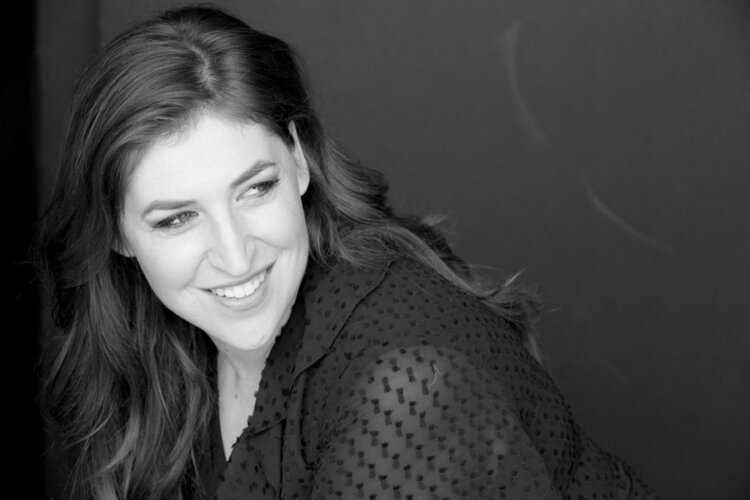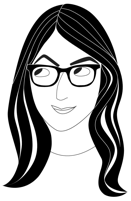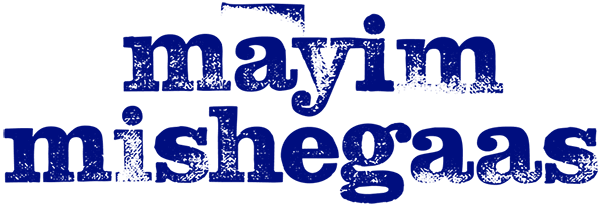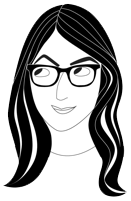
Are you high strung? I am. Type A? That’s me.
What do people say to people like us?
Calm down.
Relax.
Don’t get so excited.
Shhhh.
Why are you getting yourself so worked up?
What do people do to people like us? They put us on pills. And with all due respect to psychiatry, some of them work. But some don’t. They make us go to therapy, which I happen to like. If we grew up in alcoholism, they send us to Al-Anon. If we grew up with abuse, they send us to abuse counseling. And so on.
I know that I inherited a particular set of genes. My DNA is such that I rev high. I feel big. I love big. I hurt big. I spent most of my life thinking I could not change me. That I was doomed because of this DNA profile. And to some extent, I’m right. But not completely.
Over the years, varying combinations of medication, psychotherapy, cognitive behavioral therapy and spiritual work and recovery have made my life a better actualization of who I think Gd put me here to be. However. Something was missing.
How did I know it was missing? Because my body started telling me so. I was having physical pain with no pathology. I was hurting.
A friend of mine who writes on the subject of parenting from the perspective of a doctor of social work, Carla Naumburg, found meditation when her daughters were young and she was at the end of her parenting rope. She writes about how it changed her life and the life of her family. After reading her books, I was envious and wanted to have the revelations she did. I wanted serenity. I wanted to not shout at my kids and constantly lose my patience. She said she had the secret. I wanted it. And I wanted it NOW. Serenity now!
But I was skeptical about meditation. Because it’s the kind of thing you hear Hollywood people do. And I don’t like to be a Hollywood person. It sounds too hippie dippie. But I’m totally hippie dippie, so I am unclear what my conflict was within myself, to be honest. Mostly I think I resisted meditation because I am impatient. It sounded like it would take time. And it does. It sounded like it would be hard. It is.
I don’t know what clicked for me. I think reading Carla’s thoughts about it worked for me. Because she is a mom like me: She works, she is overwhelmed, she comes from a complicated family without a lot of training from childhood in managing big feelings. She wasn’t a fancy Hollywood person. She’s a person like me who is busy and stressed and wants to be better.
RELATED: What’s so great about meditation, anyway?
So I explicitly asked Carla what to do. I told her my “symptoms.” She told me what to do. Start sitting quietly. Make a commitment to try every day to just sit. And let the thoughts come and go and don’t attach to them. And to read Sharon Salzburg’s book, Real Happiness: The Power of Meditation. And to listen to guided meditations online. I started to do it. It didn’t give me the results I wanted immediately. This angered me. Then I laughed about that. And I kept at it.
It’s been three years and I can finally say that I have found a home in meditation.
I know you’re probably thinking I paid a ton of money for a mantra from a transcendental meditation guru or some Hollywood thing like that. Nope. I actually have spent very little money on developing this skill that is medically transformative and has the potential to help the health of millions of people all over the world.
And science backs me up. For thousands of years, Eastern religions have used meditation to lower blood pressure, promote well-being, good circulation, and mental clarity. Kabbalistic Jews also meditated, and meditation is a large element of not only Judaism but 12-step programs as well. Why? Because it works.
Meditation is the process of learning to slow down and quiet your mind. Focusing on breath is the simplest way to start a meditative practice. Carla recommended the free app called Insight Timer as well as the works of Sharon Salzberg as ways to start familiarizing myself with the basics of meditation. Those are the two things I looked into. Then I went on Amazon and I bought a Tibetan fabric-covered little cushion, which makes me happy when I sit on it.
I like guided meditations where a voice talks you through a breathing exercise. I also like when they take you on a “journey.” Meditation often puts me to sleep and my sleep is better when I relax into sleep. Napping is something I am trying to reintroduce into my life after 39 years without a napping schedule (hahaha). Meditations before naps help me stop my mind from constantly going over my calendar, my grocery list, or the list of ways I may have sentenced my children to a life of therapy.
There have been stretches of time where I would get out of bed in the morning and before I even checked my phone, I would sit in the darkness on my little meditation cushion. I would breathe and listen to my breath and to the sounds around me. I would start my day refreshed and feeling super good. I should get back to that.
I have more patience when I meditate daily. I have less patience, but still more than if I didn’t meditate at all, even if I listen to a meditation every other day. The Insight Timer app is organized by category, so I can choose meditations that also feature positive affirmations about such topics as grief, physical pain and recovery, gratitude and loving myself. These help me to fully integrate my life experience so I don’t take my pain out on those I love. I don’t know if I have ever seen such results from something that costs no money in my journey towards better mental health. I am so grateful I was finally open to it.
In the final years of my father’s life, several medical professionals encouraged him to try meditation. He never could get his head around it. I wish he had. I wish I had already had my meditation revelation so I could help him. I wasn’t there yet. And I wish he had been able to get the relief and comfort I now get from my imperfect and not always regular but unwavering meditation practice. Because it’s good for my blood pressure and my heart. It’s good for my sleep. It’s better for my sons. And it’s good for my soul.
Thank you Carla for carrying thousands of years of tradition into your life and mine. I hope someone will see this and want what we have found in meditation. For those of you interested in learning more, here are my top suggestions for meditation guidance.
- Insight Timer, free app
- Jewish Meditation: A Practical Guide, by Aryeh Kaplan
- You Are Here: Discovering the Magic of the Present Moment, by Thich Nhat Hanh
Namaste.




 Read More From Mayim
Read More From Mayim
Grok Nation Comment Policy
We welcome thoughtful, grokky comments—keep your negativity and spam to yourself. Please read our Comment Policy before commenting.